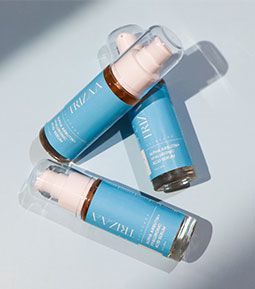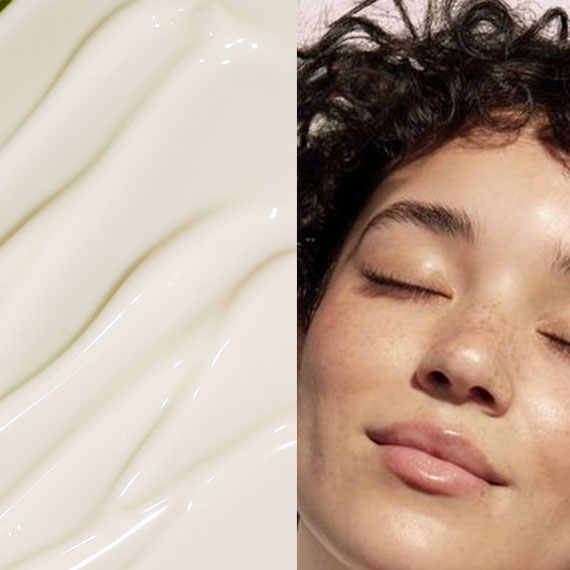Hyperpigmentation is a skin concern where parts of the skin get darker than the surrounding skin. It is caused by an excess production of melanin in the skin. melanin is what gives the skin it’s colour. Hyperpigmentation is commonly caused by over-exposure to the sun, pregnancy, and certain products that do not suit a person’s skin.
What are the different types of Hyperpigmentation?
- Sunspots: as the name suggests, sunspots are caused due to over-exposure to the harmful ultraviolet rays of the sun. It is commonly found in adults as they are more likely to have been overexposed to the sun. These sun spots, also known as ‘liver spots’ are generally found on the face, arms, and shoulders; basically, areas that are directly exposed to the sun.
- Melasma: melasma is said to be associated with hormonal changes and occurs during pregnancy. Melasma is commonly found on the face and stomach where large patches of dark skin develop.
- Post-inflammatory Hyperpigmentation (PIH): dark patches develop on the skin post inflammation. This is commonly caused due to acne. Other factors like sensitised skin or allergic reactions that can lead to skin inflammation can contribute towards PIH.
How to treat Hyperpigmentation?
There are several ways in which one can treat hyperpigmentation. However, make sure to choose a product that suits your skin type well. Always do a patch test before committing to a new product.
Here’s how you can take care of Hyperpigmentation:
- Vitamin C: known primarily for its skin brightening properties, Vitamin C also helps reduce hyperpigmentation and blemishes to even out skin tone. A potent vitamin C serum can help tackle hyperpigmentation with ease.
- Niacinamide: this is the safest option for your skin to help combat hyperpigmentation. If you have sensitive skin, niacinamide can be helpful to aid your skin concern.
- Retinoids/Retinol: retinoids are derivatives of Vitamin A that boost cell turnover and reduce blemishes and hyperpigmentation. However, keep in mind that retinoids can cause skin purging so induce it slowly into your routine.
Note: always use a broad-spectrum SPF while using Vitamin C or Retinoids in your skincare routine.






